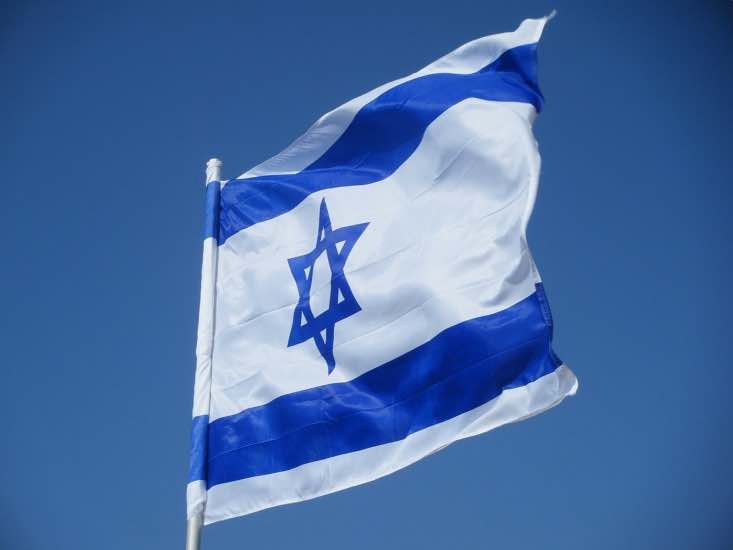Israel Minister: Gas Exports to Egypt to Start Within Months
1/16/2019
CAIRO (Reuters) - Israel will begin exporting natural gas to Egypt in a few months' time, Energy Minister Yuval Steinitz said, marking a key step in the plans to sell expanding gas production and bolster diplomatic ties.

Steinitz did not give a specific target for initial exports, but said shipments would double after the huge Leviathan field in the eastern Mediterranean comes fully online in November.
He said Israeli exports to Egypt were expected to reach 7 billion cubic meters annually over 10 years. About half the exports were expected to be used for Egypt's domestic market and half to be liquefied for re-export, he added.
Israel has discovered vast amounts of gas since the early 2000s, signing deals to export to Egypt and Jordan. Its production, currently around 10.5 billion cubic meters (bcm), is expected to more than double in 2020, rising to 27 bcm in 2021.
In an interview on the sidelines of a regional gas forum in Cairo, Steinitz said Israel and Egypt had discussed how to extend cooperation on natural gas, including through exports.
He also said Israel was hoping to sign a deal for the construction of the 2,000-kilometre (1,243-mile) East Med pipeline, which will cross from Israel and Cyprus into Greece and Italy, "in a few weeks' time".
"Israel exporting natural gas to the Arab world and also to Europe -- this is something that sounded like a dream or a fantasy just 10 or 15 years ago," said Steinitz, the first energy minister to visit Egypt since the 2011 uprising there.
The exports from Israel to Egypt will be made under a landmark $15 billion natural gas export deal announced in February 2018. In September, Israeli and Egyptian companies bought a 39 percent stake in the EMG pipeline, paving the way for the deal to begin.
Partners in Israel's Tamar and Leviathan offshore gas fields had said they would supply the private Egyptian company Dolphinus Holdings with around 64 billion cubic meters of gas over a decade as part of the deal.
The agreement has stirred controversy in Egypt, which until a few years ago exported gas to Israel.
Egypt is hoping to leverage its strategic location bridging Africa and Asia and its well-developed infrastructure to become a key trading and distribution centre for gas in the region and beyond.
It has made a series of its own big discoveries in recent years, including Zohr, the largest gas field in the Mediterranean, but also needs to meet rapidly increasing domestic demand.
Related News
Related News
Sign up to Receive Our Newsletter

- Keystone Oil Pipeline Resumes Operations After Temporary Shutdown
- Freeport LNG Plant Runs Near Zero Consumption for Fifth Day
- Biden Administration Buys Oil for Emergency Reserve Above Target Price
- Mexico Seizes Air Liquide's Hydrogen Plant at Pemex Refinery
- Enbridge to Invest $500 Million in Pipeline Assets, Including Expansion of 850-Mile Gray Oak Pipeline
- Evacuation Technologies to Reduce Methane Releases During Pigging
- Editor’s Notebook: Nord Stream’s $20 Billion Question
- Enbridge Receives Approval to Begin Service on Louisiana Venice Gas Pipeline Project
- Mexico Seizes Air Liquide's Hydrogen Plant at Pemex Refinery
- Russian LNG Unfazed By U.S. Sanctions
Pipeline Project Spotlight
Owner:
East African Crude Oil Pipeline Company
Project:
East African Crude Oil Pipeline (EACOP)
Type:
TotalEnergies in discussions with a Chinese company after Russian supplier Chelpipe was hit by sanctions.
Length:
902 miles (1,443 km)
Capacity:
200,000 b/d
Start:
2022
Completion:
2025




Comments